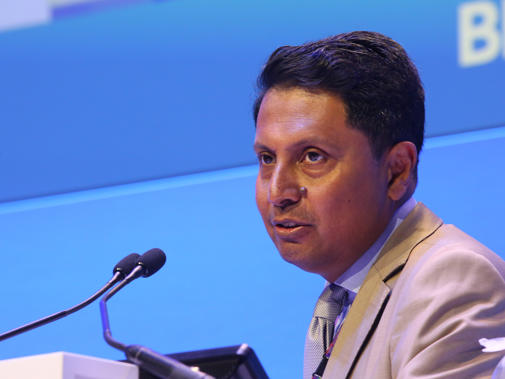What is a consultant? And more importantly what makes a good or outstanding consultant?
It’s easy for us to define ourselves – or let others do so – by our clinical work. In the past two and a half years, like all medical professionals, treating patients has overshadowed nearly everything else we do. The need to meet a national medical emergency was clear and the entire profession met this with determination and resolve.
Yet to now assume this is business as usual and carry on the clinical-only path is simply not sustainable – for the long-term effectiveness of the system and, crucially, for the mental and physical health of the workforce. We need a reset and rebalancing which reflects the rounded roles of consultants as clinical leaders rather than practitioners.
Whilst the pandemic has not gone away and the system is now faced with the herculean task of clearing the backlog of non-COVID work, it’s imperative now that we look ahead to the likely future challenges that we will have to face and how these will affect our working conditions and shape our personal and professional needs.
In recognition of this need, the association’s consultants committee resolved to develop our very own charter for consultants in the NHS. It seeks to highlight the indispensable expertise that consultants bring, while also setting out a raft of expectations and set of standards designed to promote good practice in the workplace.
These include good practice in job planning and how to conduct effective appraisals to the management of working patterns, safe working and flexible/working less than full time arrangements.
More broadly, the charter will also give focus to health and wellbeing support, clinical leadership roles, standards in workplace facilities and retirement.
In doing so, we hope it will help to empower consultants seeking to address workplace issues with their employer, while also assisting the work of local negotiating committees who ensure terms and conditions are met at trust level.
Something I found difficult as an LNC chair, was the lack of a single resource where I could find the breadth of content that I wanted to negotiate on behalf of my consultant colleagues.
That being said, this is no magic bullet to address all shortcomings, and we will keep it under close review making sure it stays relevant in response to your feedback and new developments. We want the charter to act as a catalyst for change – focusing the attention of trusts to ensure the working environment is supportive, and one enabling consultants to thrive as clinical leaders.
For members we want the charter to be a signpost towards further support and guidance on whatever issue you are facing, helping you to better understand the provisions and protections contained within your national terms and conditions of service.
Above all, our charter is the start of an ongoing conversation between ourselves and our employers as to what we expect for ourselves as consultants in a challenging and changing NHS.
Shanu Datta is a member of the BMA consultants committee

